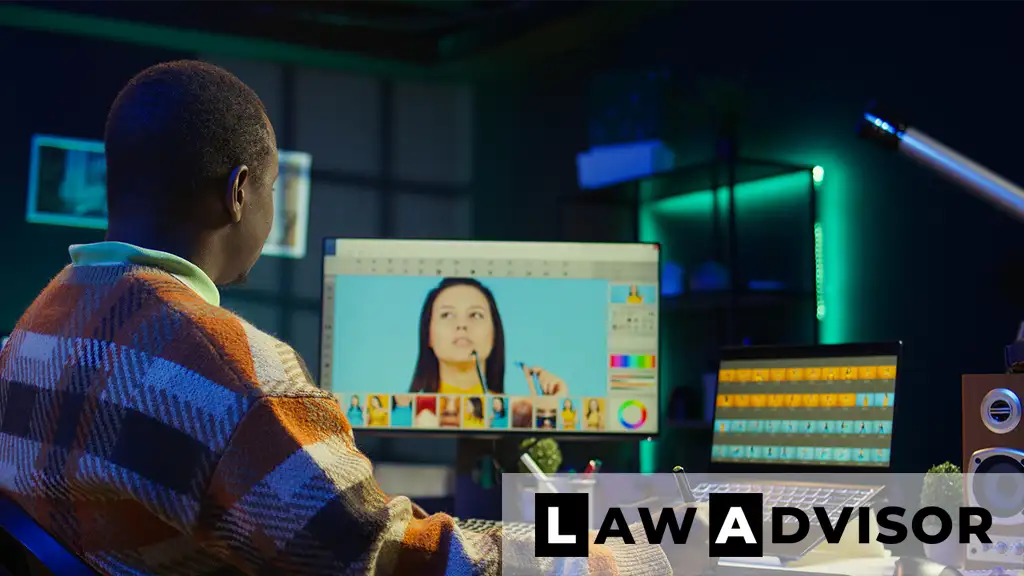Getting arrested for DUI (Driving Under the Influence) is a serious legal matter that can have long-term consequences on your record, finances, and even your ability to drive. If you or someone you know has recently been arrested for DUI, it’s critical to understand what happens after a DUI arrest, how the process unfolds, and what legal options you have.
This guide walks you through each stage after a DUI arrest, including the criminal process, DMV consequences, and possible defenses. Whether it’s your first offense or a repeat incident, knowing what to expect can help you make informed decisions and protect your rights.
The Immediate Aftermath of a DUI Arrest
After being pulled over and arrested for DUI, you’ll likely be taken into custody. Officers may ask you to submit to a chemical test (like a breathalyzer or blood test) to determine your blood alcohol content (BAC). Refusing this test in many states can result in automatic license suspension due to implied consent laws.
You may spend the night in jail or be released once bail is posted. In either case, you’ll receive a court date — this is the beginning of the legal process.
Booking and Arraignment Process
Once arrested, you’ll be formally booked. This includes fingerprinting, a mugshot, and documentation of the arrest. After that comes the arraignment, your first court appearance, where charges are formally read.
At this hearing, you can plead guilty, not guilty, or no contest. If you plead not guilty, the case moves to the pre-trial phase. A DUI attorney can help you decide how to plead based on your specific situation.
Administrative License Suspension (DMV Hearing)
Separate from the criminal case is the administrative license suspension handled by your state’s DMV. In many jurisdictions, you only have a short window (often 7–10 days) to request a hearing to challenge the suspension of your license.
If you don’t request the hearing in time, your license may be automatically suspended—even if you haven’t been convicted yet. This DMV process is independent of what happens in court.
What Happens in Court After a DUI Arrest
If you plead not guilty, your DUI case proceeds to the pre-trial phase, where both sides exchange evidence. Your defense attorney may negotiate a plea bargain or push for dismissal of charges based on errors in the arrest procedure or problems with the BAC test.
If no agreement is reached, the case may go to trial. At trial, the prosecution must prove your guilt beyond a reasonable doubt. You’ll have the opportunity to challenge evidence, cross-examine witnesses, and present your defense.
DUI Penalties: What You Might Face
What happens after a DUI arrest varies by state, but here are common penalties if convicted:
- License suspension or revocation
- Fines ranging from hundreds to thousands of dollars
- Mandatory DUI education programs
- Probation
- Ignition interlock device installation
- Community service
- Jail time, especially for repeat offenses or high BAC levels
Penalties increase sharply for aggravating factors, like causing injury or driving with a child in the car. Some states also have mandatory minimum jail sentences for second or third offenses.
First DUI vs. Repeat Offenses
If this is your first DUI, you may be eligible for lighter penalties such as a diversion program or restricted license. Judges sometimes show leniency if you complete DUI school, undergo substance abuse treatment, or agree to monitoring.
Repeat offenses, however, come with harsher consequences. In many states, a second DUI can result in longer license suspensions, mandatory jail time, and significantly higher fines. A third DUI is often considered a felony, with prison time and long-term criminal record implications.
Your Legal Rights After a DUI Arrest
After a DUI arrest, you still have constitutional rights. These include:
- The right to remain silent
- The right to legal representation
- The right to a fair trial
- The right to challenge evidence
You should never answer police questions without an attorney present, and you’re entitled to a lawyer during questioning and court proceedings. Hiring an experienced DUI lawyer early can significantly impact the outcome of your case.
DUI Defenses That May Work in Your Case
Not all DUI arrests lead to convictions. Your attorney may explore several legal defenses, such as:
- Improper traffic stop: If there was no valid reason to pull you over
- Faulty BAC testing equipment
- Police misconduct or failure to follow procedures
- Medical conditions that mimic signs of intoxication
- Rising BAC argument (alcohol level rose after the stop)
Even if you were over the legal limit, these defenses might help reduce your charges or penalties.
Long-Term Consequences of a DUI
The effects of a DUI conviction go beyond fines and license suspension. Long-term consequences may include:
- A permanent criminal record
- Higher car insurance premiums
- Difficulty finding employment (especially jobs requiring a clean driving record)
- Loss of professional licenses (in healthcare, law, teaching, etc.)
- Travel restrictions to certain countries
That’s why it’s so important to understand what happens after a DUI arrest and take your legal response seriously.
DUI Expungement: Can You Clear Your Record?
In some states, you may be eligible to expunge or seal a DUI conviction after a certain period — especially for first-time, non-violent offenses. Expungement can help you move forward by cleaning up your public criminal record.
Eligibility depends on your state, whether you completed all sentence requirements, and how much time has passed. A DUI attorney can help you determine if this is an option.
Preventing Future DUI Arrests
If you’ve gone through a DUI arrest, the best next step is to avoid any chance of it happening again. That means:
- Using rideshare apps or public transportation when drinking
- Designating a sober driver
- Avoiding driving after even one or two drinks, depending on your tolerance
- Installing a breathalyzer in your own vehicle if you’re at risk
Taking proactive steps to prevent future DUI incidents can protect your freedom, your finances, and the lives of others.
🧠 You May Wanna Check Out:
- What Is a Plea Bargain? 2025 Legal Guide
- Can Police Lie to You During Interrogation? Here’s the Truth
- What Is Criminal Negligence? Definition and Real Examples
Final Thoughts
Understanding what happens after a DUI arrest is the first step in managing the legal, financial, and personal fallout of a serious charge. From court procedures to potential defenses, you have rights and options — and exercising them wisely can make a significant difference in your future.
If you’re facing DUI charges, consider speaking to a qualified criminal defense attorney in your state to get personalized guidance. For more background on your legal rights, visit Nolo’s DUI and DWI Center.





